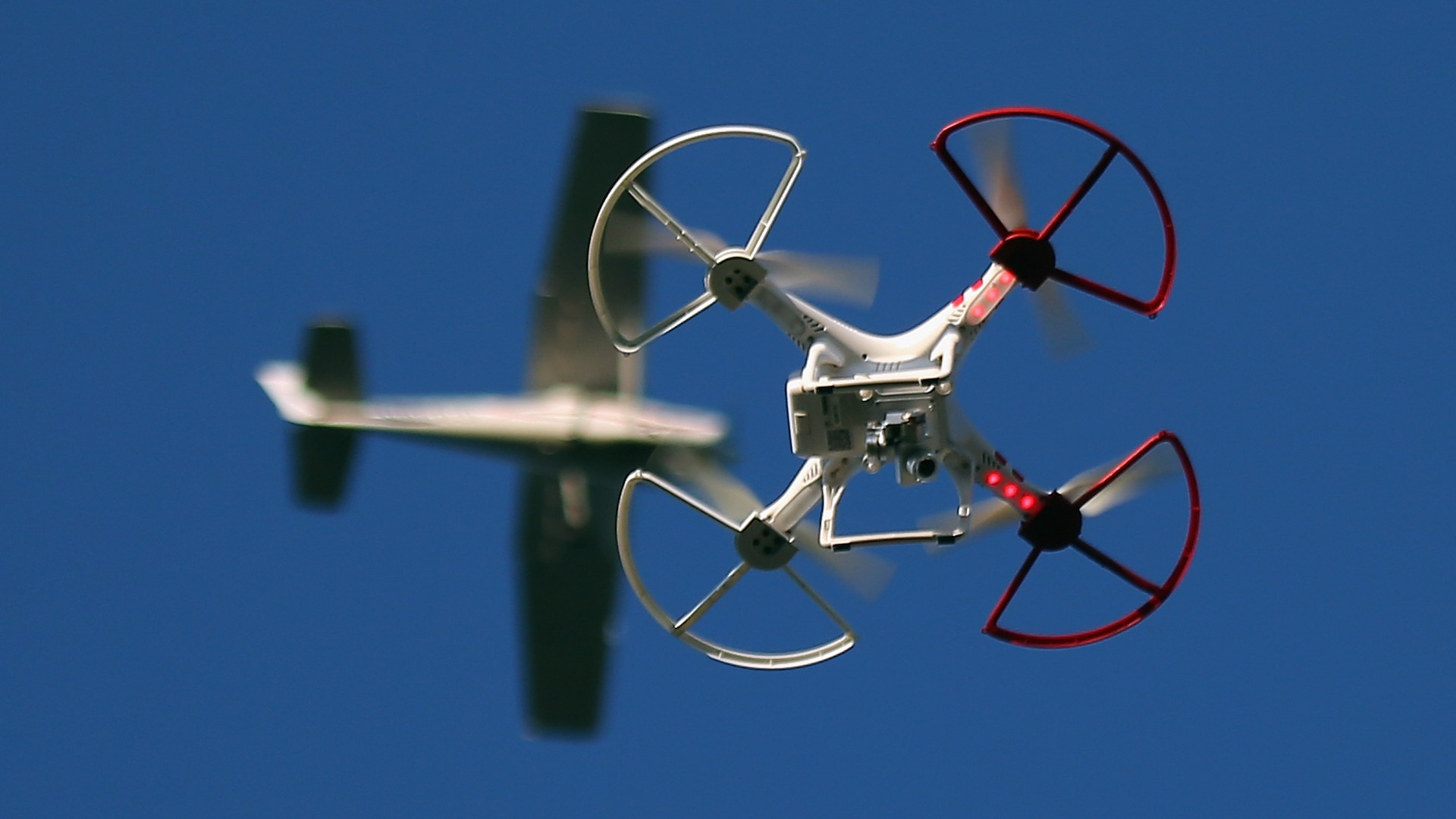

Somebody crashed their drone into a commercial airplane as it was landing in Québec’s Jean Lesage International Airport—a first in Canada’s history. Minister of transport for Canada, Marc Garneau, publicly revealed the accident over the weekend, explaining that the plane was closing in on the airport when the collision occurred. Thankfully, none of the eight passengers sustained any injuries and the damage done to the plane was fairly minimal. However, that was due to sheer luck, the drone could’ve easily collided with an engine, cockpit, or other areas that could’ve resulted in a far worse situation.
According to Fortune, Garneau explained in a statement that “This is the first time a drone has hit a commercial aircraft in Canada,” and that he’s “extremely relieved that the aircraft only sustained minor damage was able to land safely.” During a press conference, Garneau added that this could’ve been “much more serious” had the unmanned aerial vehicle collided with areas of the plane responsible for it’s flight integrity or required attention on the pilots’ behalfs.
“It’s important to note that aircraft are particularly vulnerable when on final approach coming in – the pilot is concentrating on landing properly,” Garneau added during the press conference. Now, it’s always a shame when a recreational drone user ruins it for the rest of us—never mind endangering people’s lives in the process. It is prohibited in Canada, as it is in the U.S., to fly a UAV in no-fly zones like airports—you simply don’t do it. Naturally, the consequences and punishments were reiterated by Garneau in his public statement, assuring everyone that whoever was responsible for this incident “could be subject to fines of up to $25,000 and/or prison.” This is simply not a minor issue, and everyone involved is lucky that no major damage was done or lives lost.
“Transport Canada is monitoring the situation and is in contact with its transportation partners including Skyjet, the Jean Lesage International Airport and NAV CANADA (Canada’s air traffic organization),” Garneau explained. “My department is in contact with the Service de police de la Ville de Québec and we will cooperate with the Transportation Safety Board should they decide to investigate.”
Unaware of whether or not any of DJI’s products were involved in the incident, the Shenzhen-based drone company released an anticipatory statement anyway, stating it “absolutely condemns” irresponsible drone use. Additionally, it stated that “DJI supports the creation of a simple and reasonable system to register drones in Canada, coupled with a strong educational component so drone pilots can easily learn how to fly safely and responsibly.”
While most of us are responsible drone users who would never dream of interfering with search and rescue groups, or invading risky no-fly zones such as airports or government facilities, there are far too many people breaking this social contract. Just recently, we heard from firefighters in California complaining about nearby drones interfering with their operations. Additionally, in the immediate aftermath of Hurricane Harvey, authorities asked citizens to keep their drones grounded for the time being. Not everyone follows these rules, which could seriously affect future drone guidelines and laws for all of us. It seems pretty simple, doesn’t it? Don’t fly your drone into an airport.